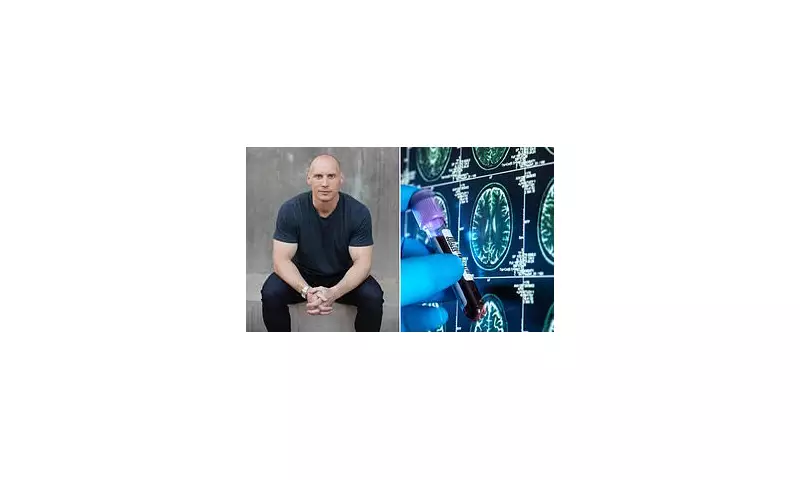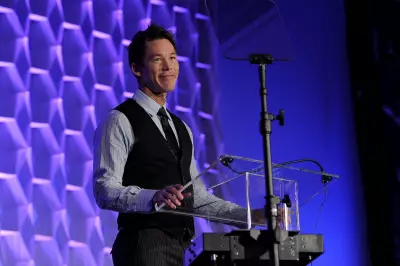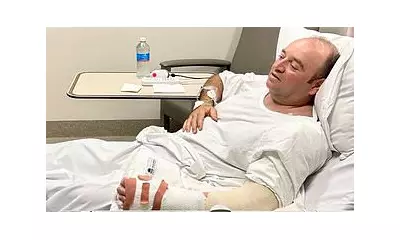
In a deeply personal revelation that has sent ripples through the medical community, renowned longevity expert Dr Dugal Bain has disclosed his own diagnosis with a form of dementia. The 55-year-old specialist, who has dedicated his career to helping others live longer, healthier lives, is now confronting the very condition he's worked to prevent.
Dr Bain received the life-altering diagnosis of posterior cortical atrophy (PCA), a rare form of dementia often described as a visual variant of Alzheimer's disease. The condition typically strikes earlier than traditional Alzheimer's, with symptoms that can include difficulties with spatial judgment, problems reading, and challenges processing visual information.
The Shocking Diagnosis That Changed Everything
'I noticed things weren't quite right,' Dr Bain explains. 'Simple tasks like pouring water into a glass became challenging - I'd miss the glass entirely. Reading became increasingly difficult, with words appearing to swim on the page.'
After extensive neurological testing, the diagnosis was confirmed. Rather than retreating from his work, Dr Bain has chosen to weaponise his expertise, implementing an aggressive protocol of lifestyle interventions to slow the condition's progression.
The Brain-Saving Protocol: Dr Bain's Daily Defence Strategy
Nutritional Warfare: Dr Bain has radically overhauled his diet, eliminating ultra-processed foods and sugar while embracing Mediterranean principles. 'I focus on colourful vegetables, healthy fats like olive oil and avocados, and quality protein,' he notes.
Movement as Medicine: His daily routine now includes targeted exercise specifically chosen for its brain benefits. 'I combine aerobic activity with strength training and coordination exercises - all crucial for maintaining neural connections.'
Sleep Optimization: Recognising sleep's critical role in clearing brain toxins, Dr Bain has implemented strict sleep hygiene practices. 'Seven to eight hours of quality sleep is non-negotiable for brain health.'
Stress Reduction: Through meditation and mindfulness practices, he actively manages cortisol levels. 'Chronic stress is poison for the brain - we must actively combat it.'
A Message of Hope and Action
What makes Dr Bain's story particularly powerful is his refusal to succumb to despair. 'This diagnosis isn't a death sentence,' he asserts. 'It's a wake-up call that has intensified my commitment to lifestyle medicine.'
His experience underscores a crucial message for everyone concerned about cognitive health: while we can't control our genetics, we have significant power over lifestyle factors that influence dementia risk. 'The time to protect your brain is now,' Dr Bain emphasises, 'not when symptoms appear.'
As research continues to validate the connection between lifestyle and brain health, Dr Bain's personal battle offers both a sobering reality check and an inspiring blueprint for action. His journey demonstrates that even in the face of significant health challenges, proactive measures can make a profound difference in quality of life and disease progression.





